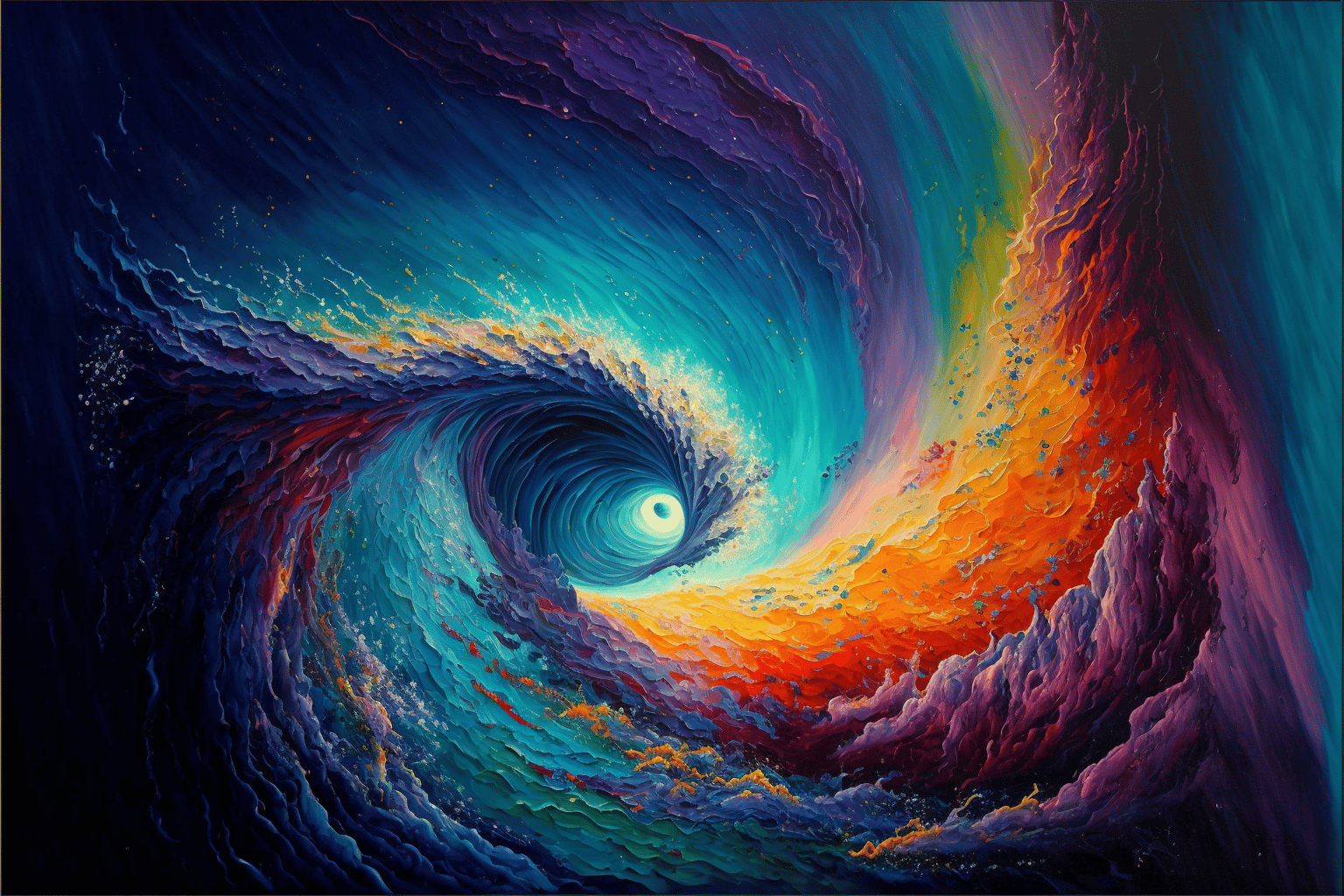Advaita Vedanta and the Ontological Argument
This essay investigates Western theology’s ontological argument for God’s existence, analyzes its shortcomings, and puts forward the thesis that Advaita Vedanta’s ontological argument based on phenomenology escapes from Kant’s famous criticism. As always, I am indebted to Swami Sarvapriyananda from the Ramakrishna Order for his lectures on Advaita Vedanta. Any failure to do justice to … Read more









